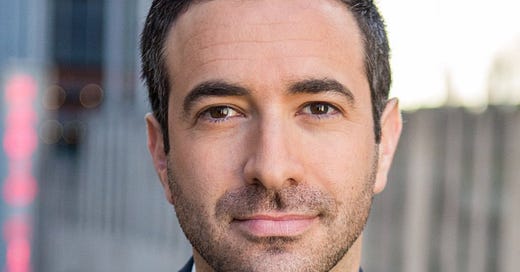Hi, Ari here… as the war grinds on in Ukraine, many have been inspired by Volodymyr Zelenskyy. My new piece today is about him -- you can subscribe here to get all my writing:
Keep reading with a 7-day free trial
Subscribe to Ari Melber to keep reading this post and get 7 days of free access to the full post archives.



